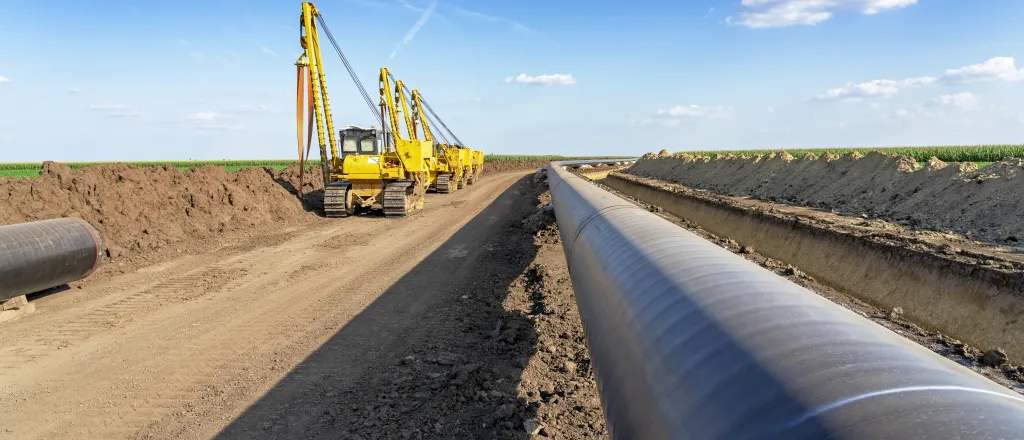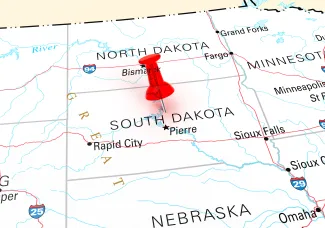
Eminent domain reform could follow ousted South Dakota pipeline law
Click play to listen to this article.
(Greater Dakota News Service) In last week's election, South Dakota voters defeated the carbon pipeline law by a wide margin, but pipeline companies could still gain ground in neighboring states. Nearly 60 percent of South Dakota voters said "no" to Referred Law 21, which would have imposed regulations to linear transmission facilities that favored industry over landowners. The law was largely driven by Summit Carbon Solutions' proposed 2,500 mile pipeline that would run through five states and store carbon underground in North Dakota.
Landowner advocate Ed Fischbach noted at a press event that the win was impressive considering that ethanol producers backed the law with nearly $3-million of campaign support.

"I think we won 65 of the 66 counties. And even though we were outspent about 50-to-1, we're very happy that we have prevailed on this. But we know the fight's not over," he said.
According to reporting from the North Dakota Monitor, Iowa has already granted Summit a permit. In Minnesota, where the company can't use eminent domain to get through certain properties, the state's Public Utilities Commission is expected to vote next month on a short segment of the pipeline.
Summit has said it will reapply for a permit through the South Dakota Public Utilities Commission next week after being denied one last year. But Chase Jensen of Dakota Rural Action said on the press call that this is the eighth consecutive month Summit has said it will reapply.
State Sen.-elect Joy Hohn, R-Hartford, who said she's excited to work on "eminent domain reform" at the Statehouse, was also on the call.
"We really have had a grassroots movement across South Dakota with a lot of new conservative legislators, and I am hopeful and think that we will bring forth a lot of good legislation that will protect our private property rights and keep our freedoms intact where they should be," she explained.
Hohn said pipeline rules are also expected from the Department of Transportation and the Pipeline and Hazardous Materials Safety Administration.
















